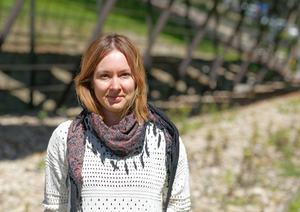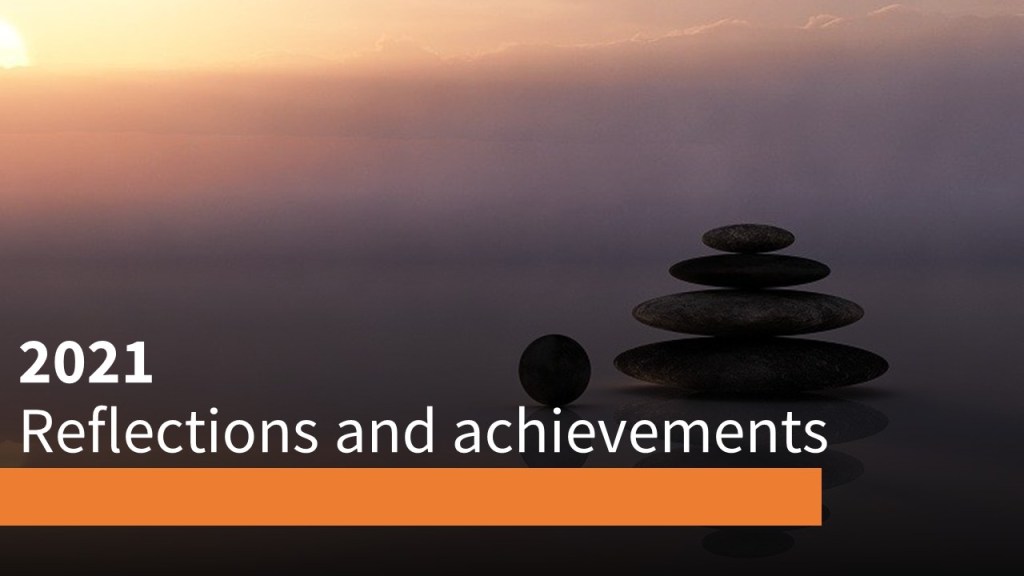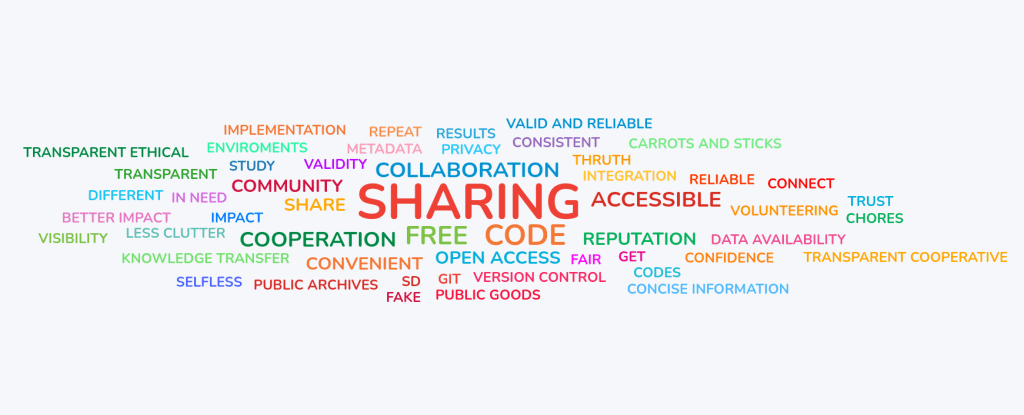Technology in Motion: FAIR data for Health Technology using computer imaging methods

Silvia Pintea is a Postdoc researcher at the Faculty of Electrical Engineering, Mathematics and Computer Science at Delft University of Technology (TU Delft). She specializes in the fields of artificial intelligence and computer vision. In a recent project ‘Technology in Motion’ Pintea investigated the use of computer imaging as a means to measure tremors in patients that would enable the development of an instrument for the diagnosis of Alzheimer patients.The goal of using computer vision methods is to bypass the use of sensors to diagnose patients, which can be an uncomfortable procedure.
Silvia recently finished a research project with colleagues from Leiden University Medical Center (LUMC) where all the data collection (i.e. sensor data and videos) was conducted. LUMC provided support regarding the required ethical research procedures and ensuring secure management and publication of the data. She was greatly interested to publish the datasets behind the resulting academic publication, while of course safeguarding patients’ identities.

“People publish claims that they discover a method to measure this and that, but they do not publish the data and if you contact them, often they can’t share the data because of IPR or privacy, etc. But, in our field it is very useful to have access to the data to test your methods, software, etc. Therefore, I think is important to make available as much data as possible.”
Silvia Pintea
To achieve this, Pintea invested a considerable amount of time and effort to anonymize the video recordings in accordance to the agreements made with patients as well as in accordance with the requirements of the LUMC ethical committee. Despite the level of effort this required, she was committed to publishing the dataset in accordance with the FAIR principles to ensure that the datasets would be findable, accessible, interoperable and reproducible.
“We wouldn’t be able to publish the paper without making the data available. In the field of computer vision, the norm is the ability to compare results with others. But, outside the technical disciplines (e.g.medical research), there is no tradition of sharing data. Probably a lot of data exist already, but is not published. If I had started with an existing dataset, I would have saved time.”
Pintea is now focusing on her next research project – a collaboration with colleagues from the petroleum exploration and extraction industry to measure seismic imaging. In keeping with her commitment to curating FAIR research practices and datasets, she hopes to convince her research partners to publish the datasets generated in the project.
“It is great to have a solution like 4TU.ReseachData at hand for publishing your datasets. It is very useful to pre-reserve a DOI for your data and include it in your paper before sending it for review. People know that the data will be available.”
Link to the dataset on 4TU.ResearchData.
Cover image by Raeng_ via Pixabay





